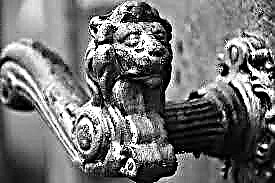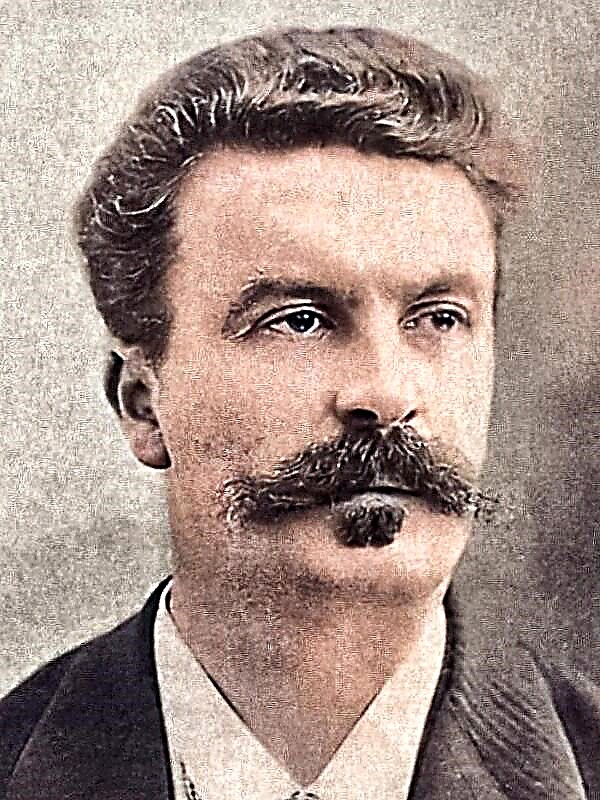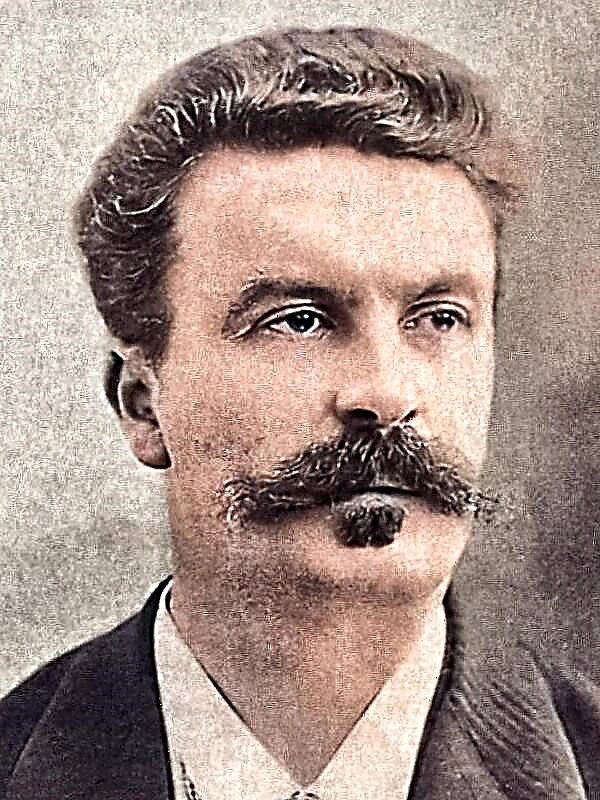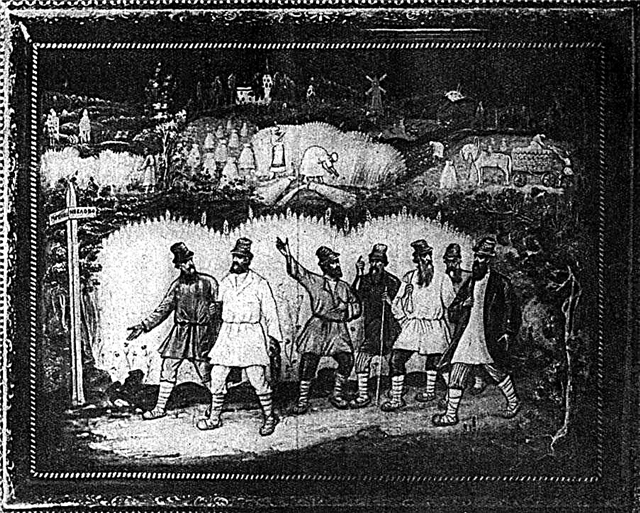(344 words) The play "Cherry Orchard", which was first published in 1904, contains a huge number of reasons for reflection. You can also see one problem that connects everything - the problem of the past, present and future, eras that break ties between themselves. The past is shown by Chekhov in the person of Gayev and Ranevskaya. We know their fate - an exalted, beautiful, but idle existence. These characters are untenable, impractical. The writer openly says that such people simply do not have tomorrow. They live the remnants of old times. The present is Lopakhin, a merchant who takes revenge on the past, but does not build the future. And Chekhov sees the future in two characters - Ana (daughter of Love Andreevna Ranevskaya) and Pete (son of a pharmacist). That’s worth stopping at, because I wonder what the author predicts to Russia?
Petya Trofimov is a student who has to make his way into life himself. He, like the whole Russian people, bears all the hardships of modern life. He is poor, but proud and self-confident. Anya received the usual noble education. Trofimov has a great influence on the girl. She is distinguished by genuine sincerity. Life is in full swing in it. Anya is ready to leave the past, pass exams for the course at the gymnasium and set off tomorrow, no matter what he promises her. Anton Pavlovich made it clear how he sees the future with the phrase of Petya Trofimov: "All of Russia is our garden." The younger generation believed that such a garden has no future. Their idea was to destroy the old order, and then build a new, beautiful and perfect. It’s easy to draw a parallel: as long as people cling so tightly to this old cherry orchard, they will never be able to look forward. But the new generation is not tied to the “legends of the deep antiquity” and sees its mission in a radical transformation of reality. However, it has not yet gained strength, because Peter speaks well, but does little to confirm his words.
Thus, Anya and Petya also have no clear idea of what to do tomorrow, how to correct the mistakes of the past. They think in abstract images and avoid specifics. This is due to the fact that Chekhov himself did not know how society would be in the near future, and therefore could not give a characterization of the new generation. But Anton Pavlovich made it clear that the "engines of progress" are already being born and will soon replace the old era.

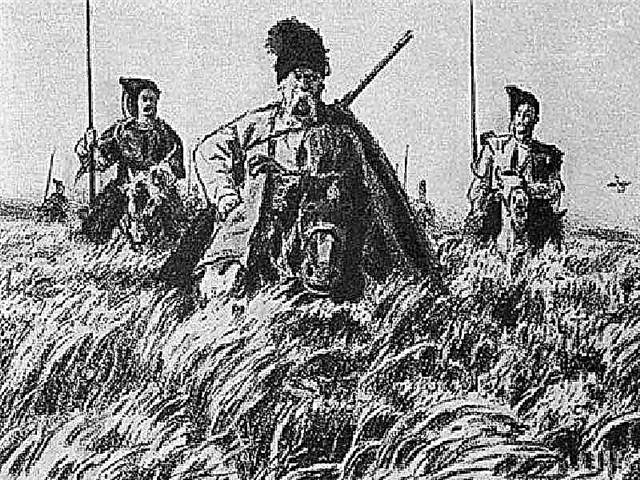
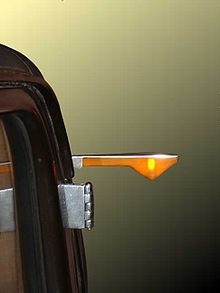
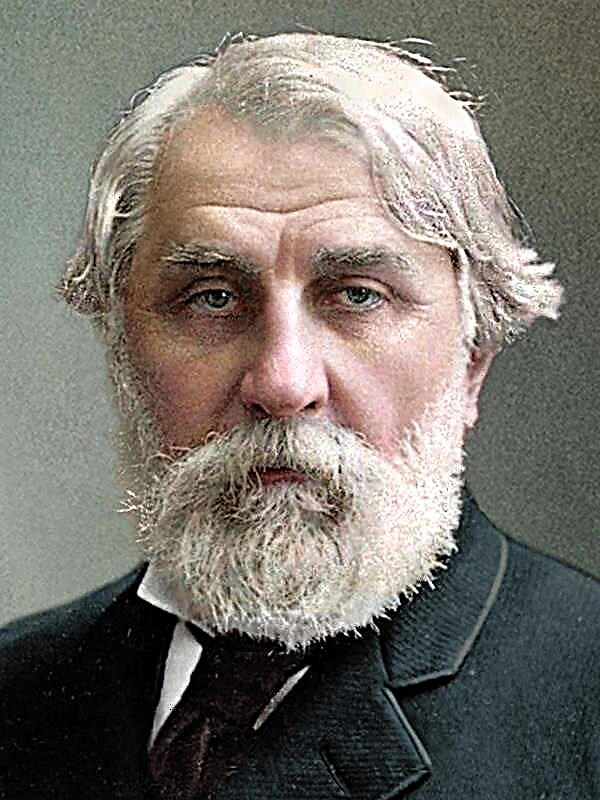
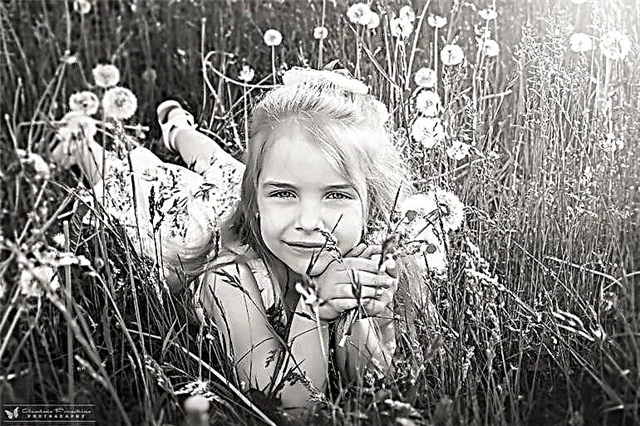
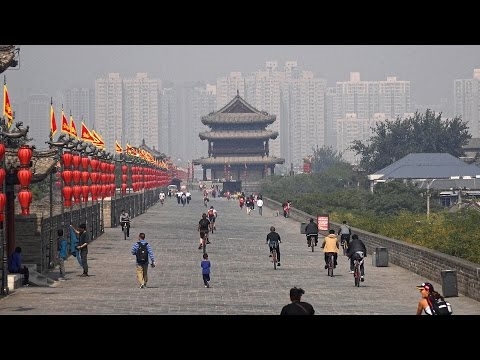
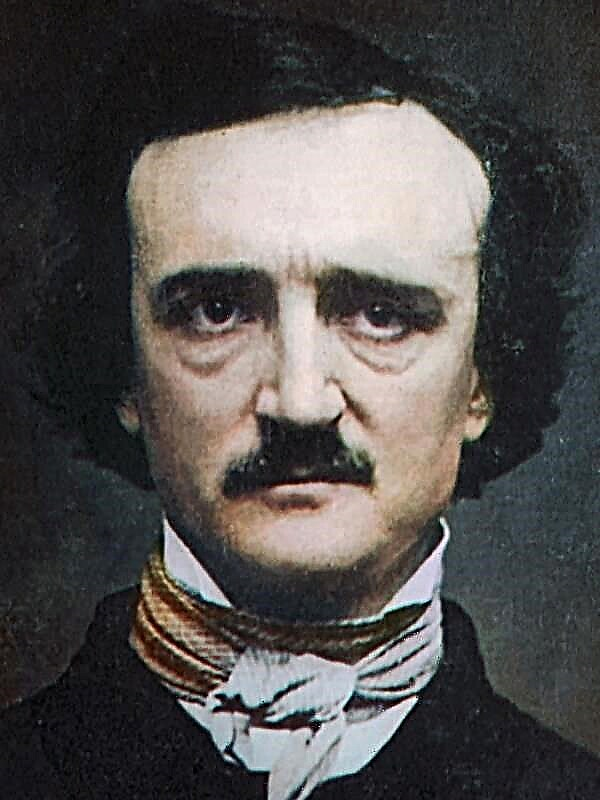
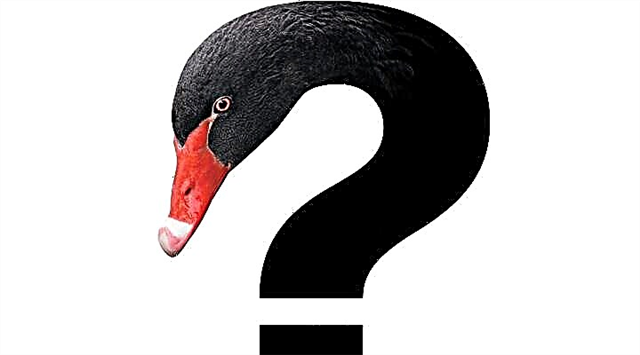 Black Swan
Black Swan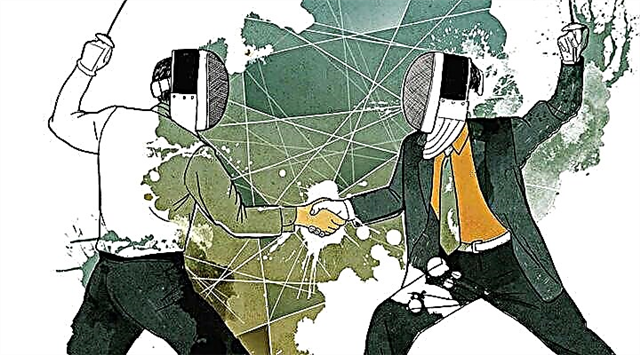 Negotiating without defeat
Negotiating without defeat